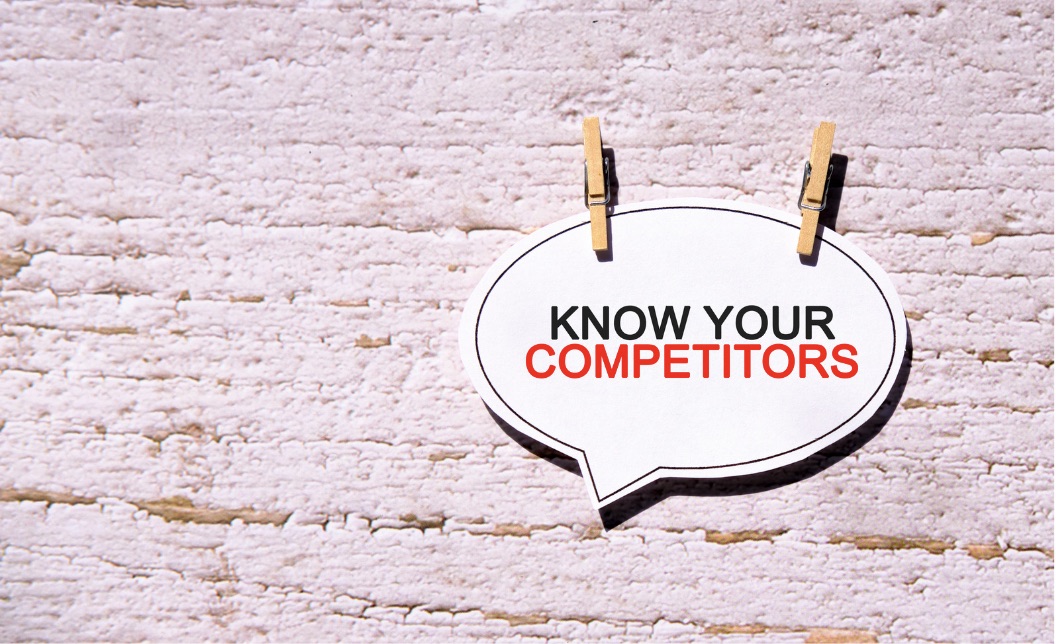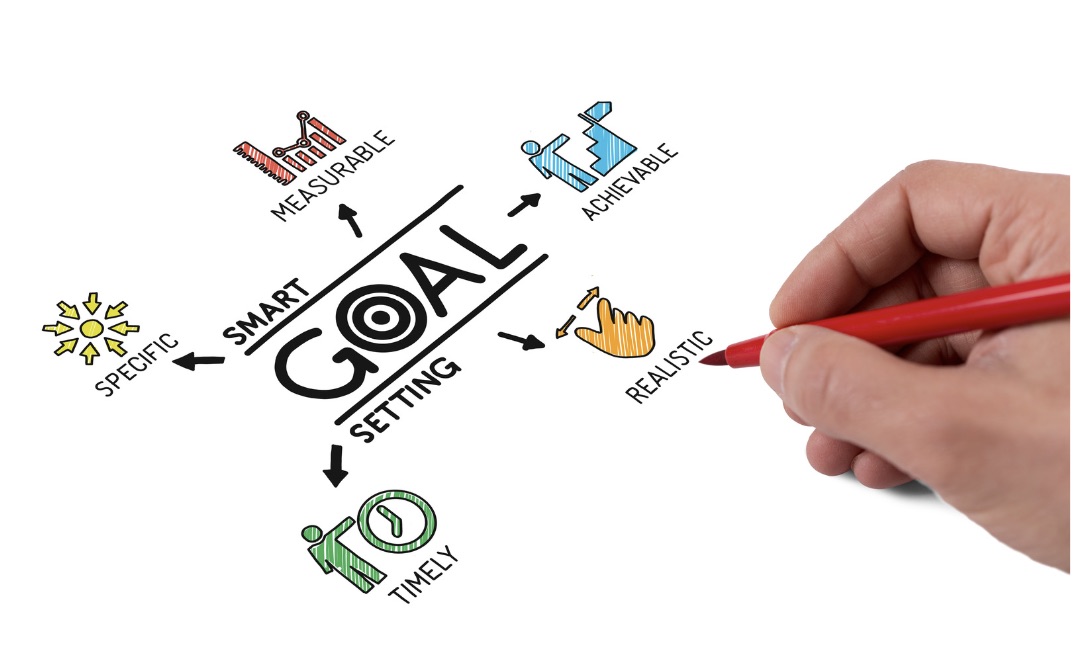The
Importance of a Business Intelligence Marketing Strategy
A business intelligence marketing strategy is one of the perfect recipes for creating and delivering value. I call it the perfect marketing recipe because it’s the process of collecting, sorting and analysing data to identify any business insights plus marketing trends that will certainly help with making sound business decisions.
The magic behind the process of business intelligence, is that it’s designed to promote business efficiency and create the best marketing strategies.
Trust me, efficiency and marketing strategies that are well aligned with your target market’s expectations will definitely enhance the overall customer experience and of course, make your business dominate competitively.

So let’s get straight into how business intelligence (BI) can help you with creating and executing the perfect marketing strategies for your business.

The
Benefits of a Business Intelligence Marketing Strategy
1. The Ability to Identify and Keep up with Marketing Trends
Business intelligence provides a clear picture of what’s trending in your niche or market. Also, it facilitates access to some very valuable data such as the behaviour, buying habits and preferences portrayed by your target customers.
This data is so valuable because you can use it design your marketing strategies in a way that’s aligned with your target customers’ wants, needs and preferences.

For example, if the data shows that your target customers are constantly searching for products on your website, why not create a website marketing strategy?
Your strategy can include product suggestions on your website and via emails based on your customers’ past product searches. It’s a great way to develop product personalisation through product suggestions and encourage increased online sales.

Your business intelligence marketing strategy ensures that you’re up to date with the latest trends and effectively address the needs plus exceed the expectations of your customers. After all, successfully catering to your customers’ needs is like the icing on the cake!
2. Enables Effective Market Segmentation
Segmenting your target market is so important and beneficial for your business. It’s where you group your customers according to their age, gender, buying patterns, preferences and location. Knowing everything that you possibly need to know about your target customers will certainly help with creating marketing messages that will connect and resonate with them.

Let’s say for instance, the products/services you’re offering is in high demand by young men and women between the ages of 18-35; this is the perfect opportunity for you to create marketing strategies that will appeal to this age group. Use the channels that will enable you to successfully reach and engage with them.
3. Creates the Opportunity to Track and Maximize Performance
Having a business intelligence marketing strategy helps with tracking and monitoring the progress of your marketing campaigns. You can measure and monitor your marketing campaigns by analysing and using the data to make decisions that will help improve your sales, profits and ROI when required. In other words, BI is basically your best friend.

4. Facilitates Competitor Research and Analysis
BI presents information about your competitors’ marketing strategies. This is valuable information for your business because you want to be able to determine and emphasize on what makes your brand unique and different among your competitors.
Assessing your competitors involves identifying their strengths and weaknesses and what type of marketing strategies you can use to basically outshine them.

What’s amazing about executing a business intelligence marketing strategy, is that you can pinpoint any gaps or unmet needs from existing brands in the market and dominate by catering to these unmet needs.

How to
Design an Effective Business
Intelligence Marketing Strategy
1. Know your Target Audience
First things first, know and understand everything you possibly need to know about your target audience. Familiarize yourself with their age, gender, values, beliefs, behaviours, wants, needs, preferences and buying patterns. You can get this information from conducting market research, surveys and even analysing data.
Knowing and understanding your target audience will certainly help set the tone for the creation and implementation of your marketing messages and campaigns. Additionally, you’ll know exactly how to connect and engage with them because you have a clear idea of their wants, needs and interests.

The wonderful thing about building customer engagement, is that it converts your target audience into buying customers which in turn leads to higher sales and profits.
2. Set Clear Goals
An effective business intelligence marketing strategy must include clear, specific, measurable, realistic and time-based goals. These goals can be to increase sales by 20% in the next 5 months or to increase ROI by 30% within a 6 month period.

Setting clear and well defined goals helps you to be aligned with your marketing activities and business objectives. What’s great about integrating BI into your marketing strategy, is that it helps to keep you on track with regards to achieving your goals.
In addition to that, it helps with making the best decisions for your business that are supported by data and improve your marketing strategies when needed.
3. Assess your Competition
Analysing your competitors is an important part of an effective business intelligence marketing strategy. Pay attention to the marketing strategies your competitors use, how they package and position their products/services, their pricing strategies and how they engage with their audience.

This is the special ingredient you need to determine how you can position your products/services as high value and unique. It’s basically an opportunity for you to get creative!

4. Invest in BI Tools and Systems
Invest and make full use of some BI tools and systems. These tools provide you with the data you need to help grow your business. You can get data on customer and social media engagement together with website traffic and page views just to name a few.
Making full use of BI tools and technologies helps you to make decisions that will set your business up for growth and success. Think about the amount of insights you can gain from using these tools and how beneficial it can be for your marketing strategies and campaigns.


Developing an effective business intelligence marketing strategy helps you to know and understand your target audience, set clear goals, analyse your competitors and most importantly; make full use of BI tools and technologies. It’s the ideal marketing strategy that’s supported by valuable data and it helps your business with catering to the wants and needs of your target market.
Implementing the use of BI into your marketing strategy is an opportunity to dominate and thrive!

- Marketing
- Sales and Marketing
- Business Intelligence Marketing Strategy